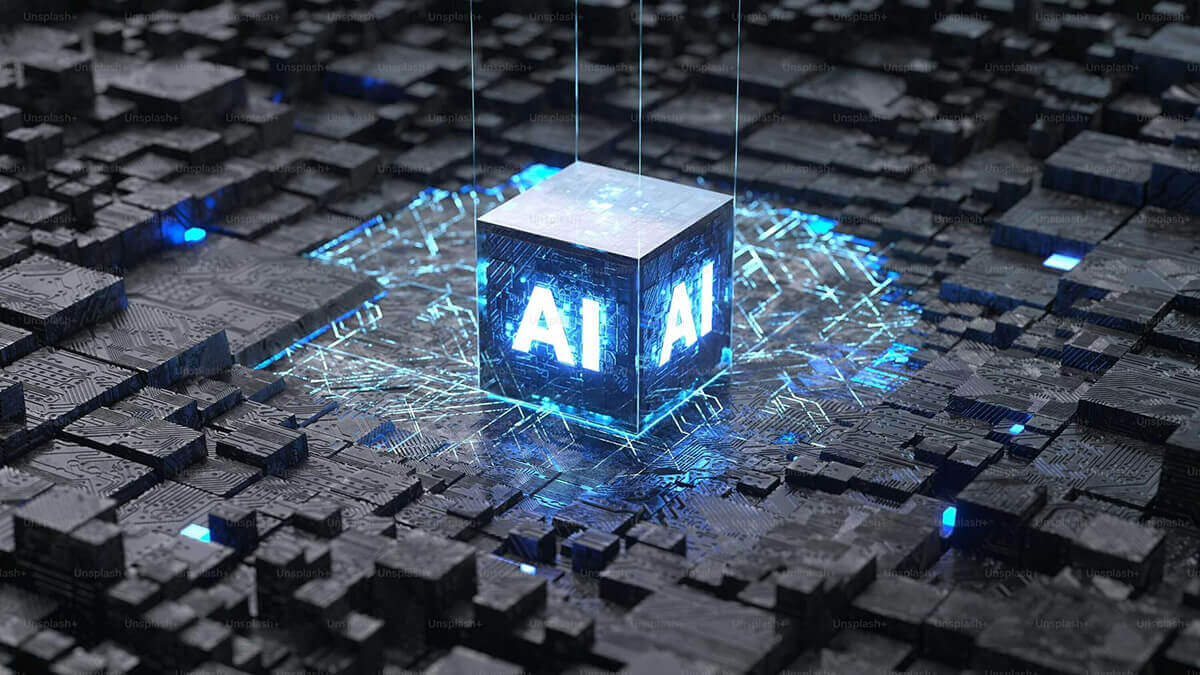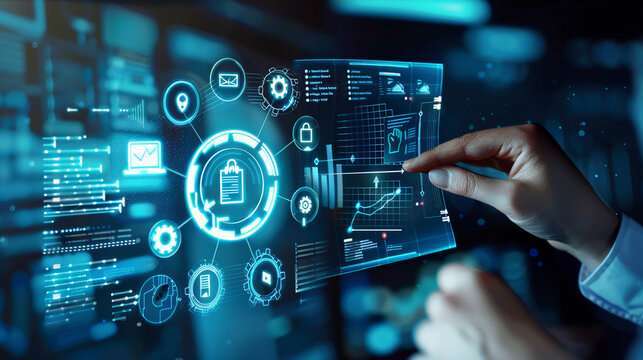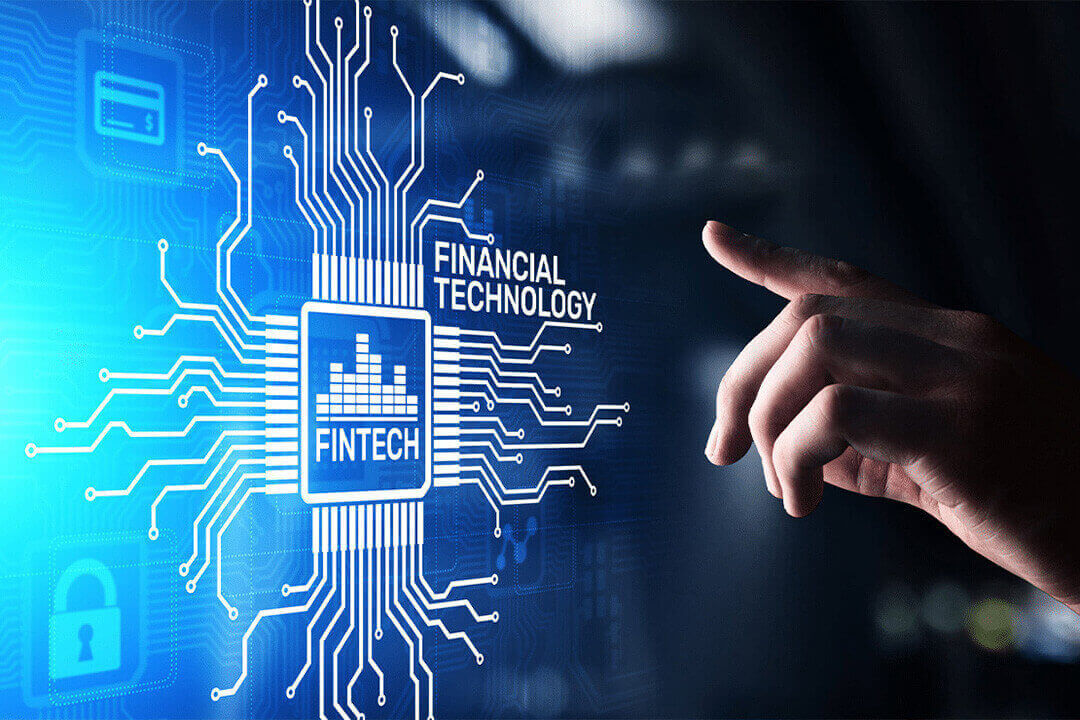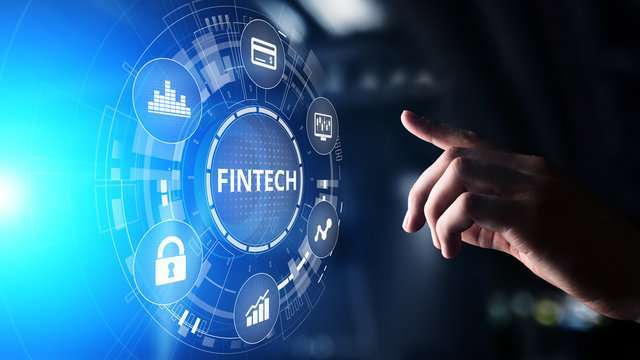Introduction Artificial Intelligence (AI) has never been more integral to human advancement than it is in 2025. From transforming healthcare diagnostics to streamlining logistics, AI is now woven into the fabric of everyday life. This blog explores the most significant AI trends, the latest innovations, and the social and economic impact of this dynamic technology in 2025.
- AI in 2025: Smarter, Faster, and More Integrated Over the past few years, the rapid acceleration in AI capabilities has been staggering. In 2025, generative AI models have evolved beyond simple text or image generation to perform multi-modal tasks. These models can now understand, generate, and act on text, voice, images, and even code all in real time.Key advancement: AGI-lite capabilities. While true Artificial General Intelligence (AGI) is still years away, the AI systems today show a contextual and reasoning depth that was unimaginable in 2020.
- AI’s Ubiquity in Industry AI is no longer confined to Big Tech. In 2025, small and medium-sized enterprises (SMEs) are leveraging plug-and-play AI tools to boost customer service, automate supply chains, and improve cybersecurity.
- Manufacturing: Predictive maintenance and autonomous robotics.
- Retail: Hyper-personalized shopping experiences.
- Healthcare: AI-powered diagnostics and virtual health assistants.
- AI Ethics & Regulation: A Global Framework With the expansion of AI comes an urgent need for governance. In 2025, the UN and EU have established shared regulatory frameworks focused on data privacy, ethical AI usage, and algorithmic transparency. Countries like Canada and Singapore lead in implementing AI governance audits.
- Workforce and AI: Complement or Replace? One of the hottest debates globally is AI’s impact on employment. Contrary to fears, AI in 2025 is complementing rather than replacing many jobs. It’s automating repetitive tasks while enhancing creativity and decision-making for humans.
Emerging roles: AI Ethicist, Prompt Engineer, AI UX Designer
- Real-World AI Applications in 2025
- Healthcare: AI-assisted surgeries and real-time patient monitoring.
- Education: Personalized learning pathways and real-time grading systems.
- Finance: AI-driven fraud detection and robo-advisors.
- Green AI: Reducing Carbon Footprint Energy efficiency is now a priority. Companies are optimizing AI models to consume fewer resources without compromising performance. Initiatives like federated learning and edge computing are making AI more sustainable.
- Challenges Ahead
- Bias in Data: Despite improvements, algorithmic bias remains a challenge.
- Security Risks: Deepfake technology and adversarial attacks.
- Job Displacement Fears: Especially in developing economies.
Conclusion AI in 2025 stands at a crossroads of possibility and responsibility. As we harness its immense potential, balanced development with strong ethical grounding is crucial. The AI revolution is not a future concept… it’s our present reality.










